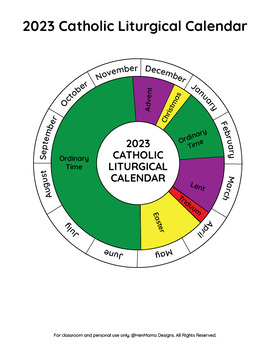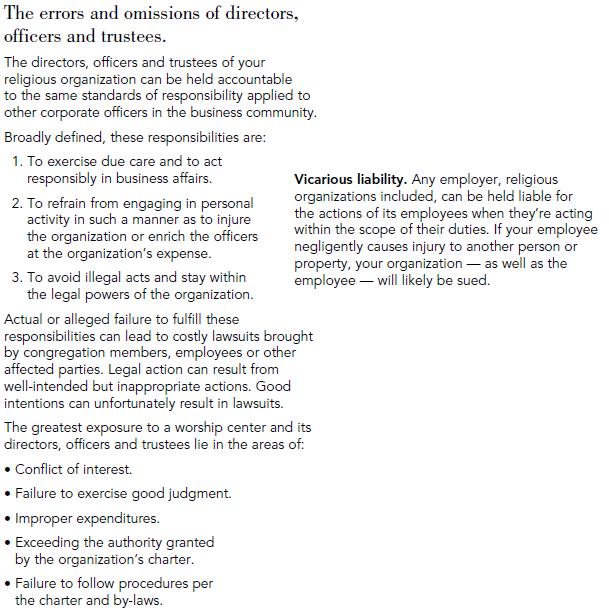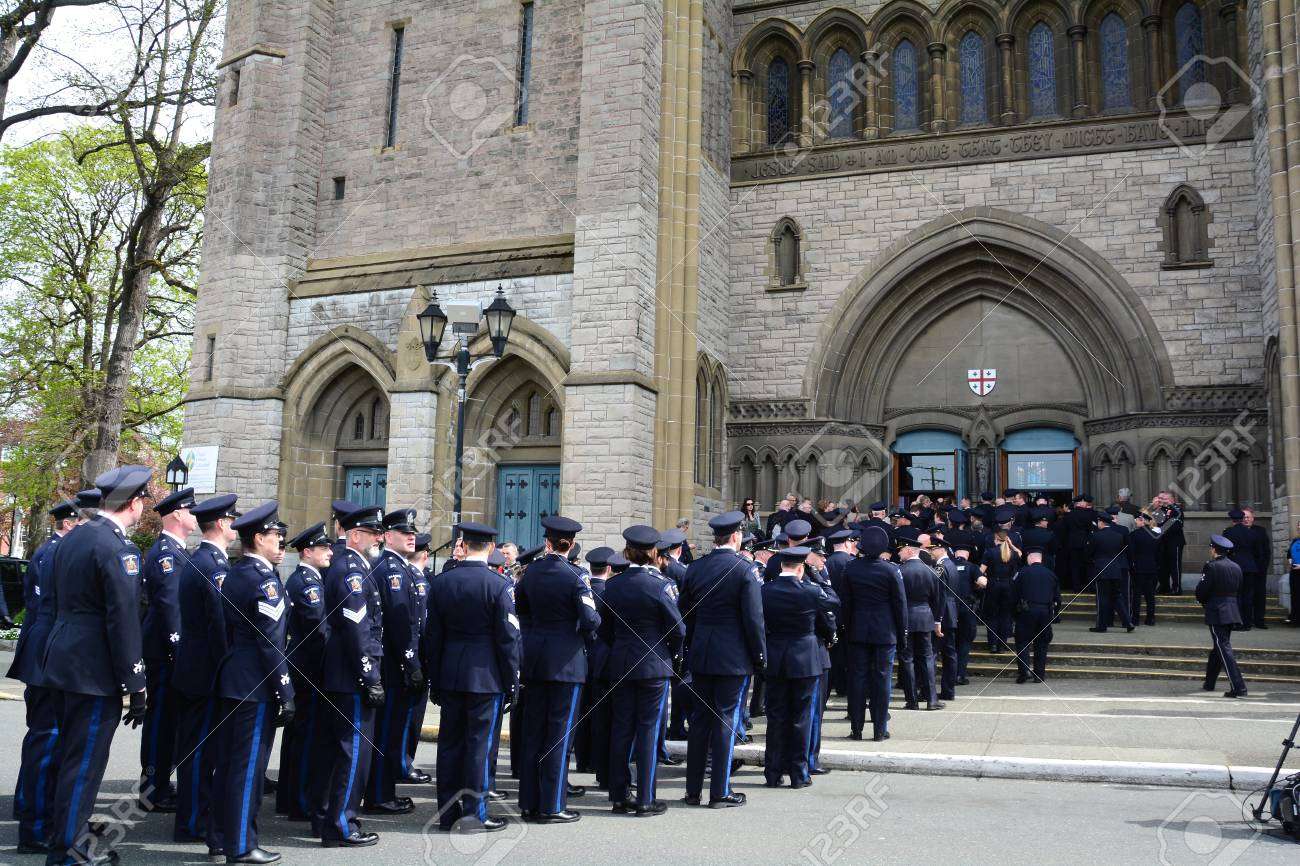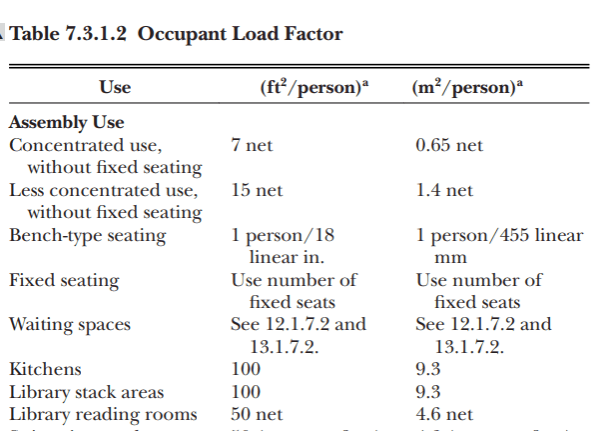The Catholic liturgical calendar for 2023 is a system of celebrations and observances that mark the significant events in the life of Jesus Christ, the saints, and the Church. The liturgical calendar for 2023 is a rich tapestry of feasts and seasons that deepen our spiritual lives and connect us to the wider Church. In this article, we’ll explore the highlights of the 2023 liturgical calendar, so you can better understand and participate in the spiritual life of the Catholic Church.
Lent: February 22 – April 9 Lent is a season of fasting, prayer, and almsgiving that prepares us for the celebration of Easter. Lent lasts for 40 days and is a time to reflect on our lives, turn away from sin, and grow closer to God. During Lent, Catholics are encouraged to participate in the sacrament of Reconciliation, to attend Mass regularly, and to give alms to the poor. Lenten traditions include giving up something for the 40 days, such as a favorite food or activity, as well as taking on a spiritual practice, such as daily prayer or service to others.
Holy Week: April 3-9 Holy Week is the week leading up to Easter Sunday and is a time of intense prayer and reflection. On Palm Sunday, we celebrate Jesus’ triumphal entry into Jerusalem, while on Holy Thursday, we remember the Last Supper and the institution of the Eucharist. Good Friday is a day of mourning and reflection on the Passion and death of Jesus, and on Holy Saturday, we wait in silence and anticipation for the celebration of Easter.
Easter: April 9 Easter is the highest feast in the liturgical calendar and celebrates the resurrection of Jesus from the dead. Easter is a time of great joy and hope, and Catholics around the world celebrate with joyful liturgies, special music, and festive meals with friends and family. Easter Sunday is followed by 50 days of the Easter season, during which we continue to celebrate the risen Lord and the gifts of new life and grace that he offers us.
Advent: November 27 – December 24 Advent is a season of preparation for the celebration of the birth of Jesus at Christmas. Advent lasts for four weeks and is a time of reflection, prayer, and anticipation as we await the coming of the Savior. During Advent, Catholics light the Advent wreath, participate in special liturgies, and take time to reflect on the meaning of the season.
Christmas: December 25 Christmas is the celebration of the birth of Jesus and is one of the most important feasts in the liturgical calendar. Catholics around the world celebrate with Mass, special music, and festive meals with friends and family. Christmas is a time of great joy, hope, and peace, and reminds us of the love and grace that God has shown us in sending his son into the world.
Feasts Of The Saints
Throughout the liturgical year, the Catholic Church also celebrates the feasts of many saints, who are models of holiness and inspiration to us. Some of the most notable feasts in 2023 include St. Joseph on March 19, St. John of God on March 8, St. Philip and James on May 11, and St. Catherine of Siena on April 29. By honoring these saints and reflecting on their lives, we deepen our spiritual lives and draw closer to God.
The Significance Of The Catholic Liturgical Calendar
The liturgical calendar is an essential aspect of Catholic spiritual life, providing structure and meaning to our faith journey. Through the liturgical calendar, we are invited to participate in the life and mysteries of Jesus, the saints, and the Church, and to deepen our relationship with God.
By participating in the celebrations and observances of the liturgical calendar, we are able to experience the fullness of the Catholic faith, from the somber reflection of Lent to the joyous celebration of Easter and Christmas. The liturgical calendar also connects us to the wider Church, as we join with Catholics around the world in celebrating the same feasts and seasons.
Liturgical Colors And Their Meanings
The liturgical calendar is also marked by different liturgical colors, which help to highlight the themes and moods of the various seasons and feasts. The liturgical colors used in the Catholic Church are white, red, green, violet, and rose.
White: is used to symbolize joy, purity, and celebration, and is used during the feasts of Christmas, Easter, and the feasts of the saints.
Red: is used to symbolize the love and sacrifice of Christ, and is used during feasts such as the Feast of the Holy Cross, the Feast of Pentecost, and the Feast of the Martyrs.
Green: is used to symbolize growth, hope, and the Holy Spirit, and is used during the seasons of Ordinary Time.
Violet: is used to symbolize penance, sacrifice, and repentance, and is used during the seasons of Advent and Lent.
Rose is used on the Third Sunday of Advent and the Fourth Sunday of Lent to symbolize joy and hope amidst the penance of the seasons.
Participating In The Liturgical Calendar
There are many ways to participate in the liturgical calendar and to deepen your spiritual life. Some suggestions include:
- Attending Mass regularly, especially during the major feasts and seasons
- Participating in the sacrament of Reconciliation, especially during Lent
- Taking part in devotions, such as the Stations of the Cross or the Rosary
- Reading the Bible and other spiritual texts
- Volunteering in your local community, especially during Lent
- Practicing acts of charity and kindness, such as giving alms to the poor
- Reflecting on the themes and lessons of the liturgical calendar
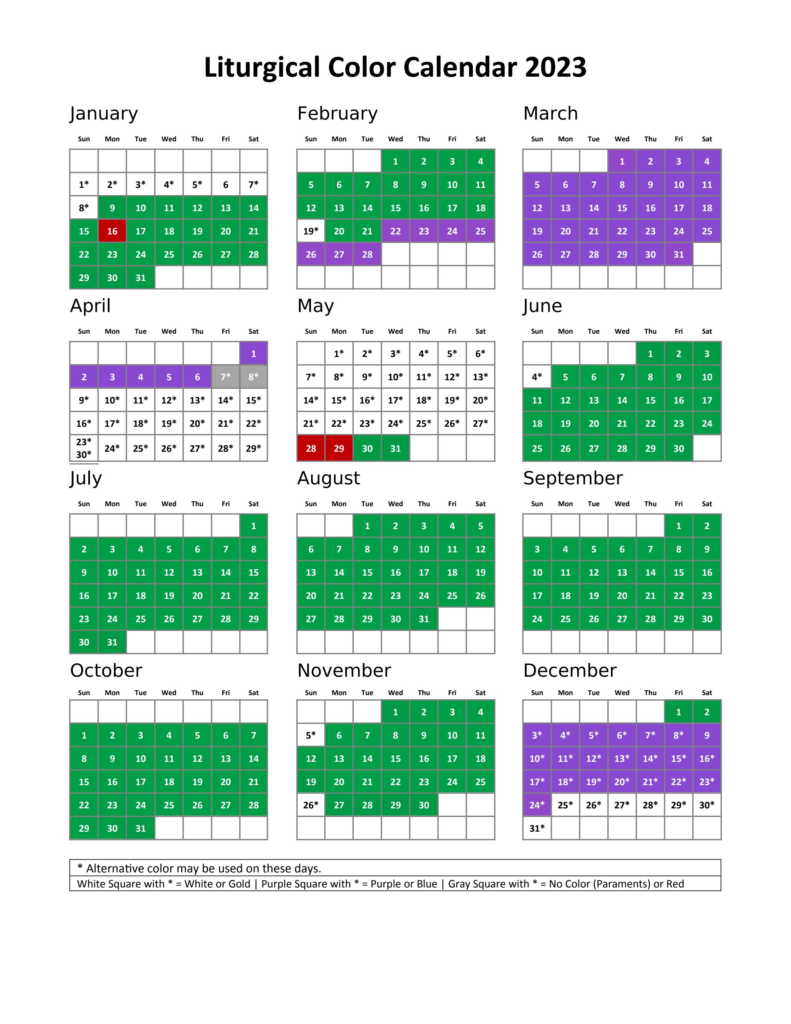
Conclusion
The Catholic liturgical calendar is an essential aspect of our faith journey, providing structure and meaning to our spiritual lives. Through the celebrations and observances of the liturgical calendar, we are able to deepen our relationship with God and experience the fullness of the Catholic faith. Whether you’re participating in Lent, celebrating Easter, or marking the feast of a saint, the liturgical calendar offers us opportunities for growth, reflection, and spiritual renewal.
